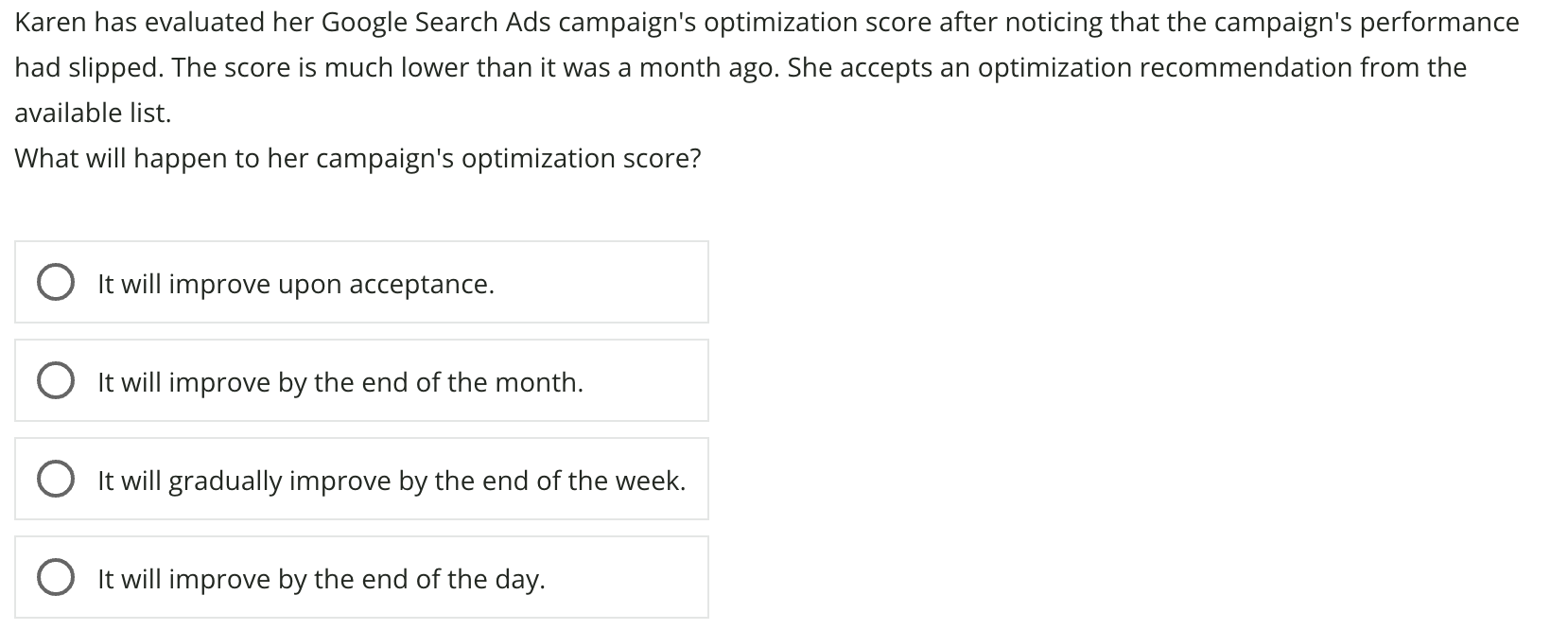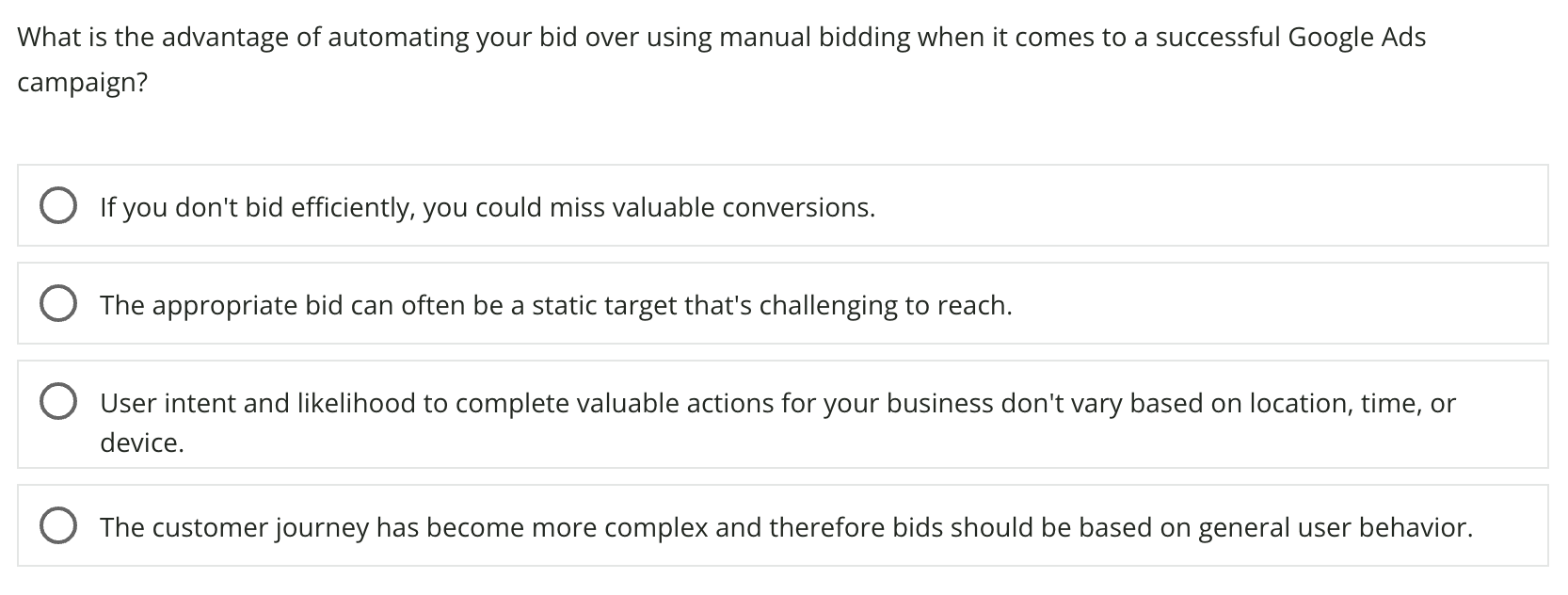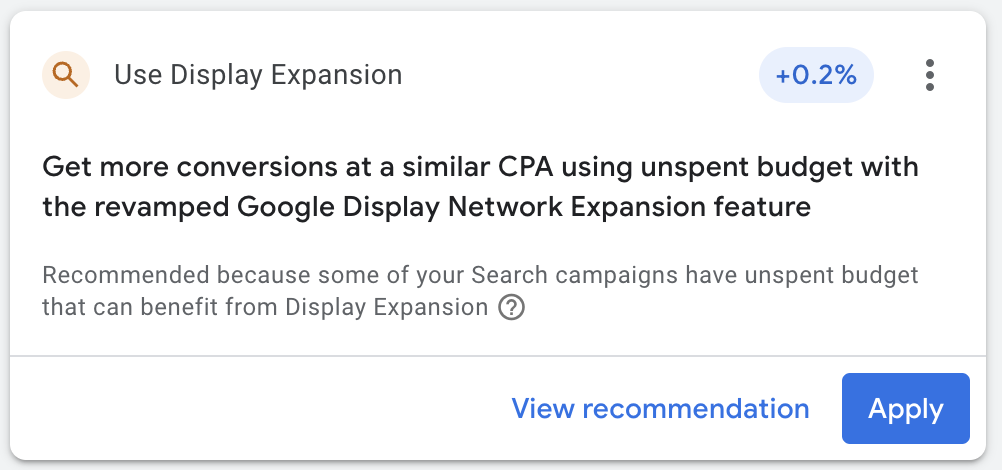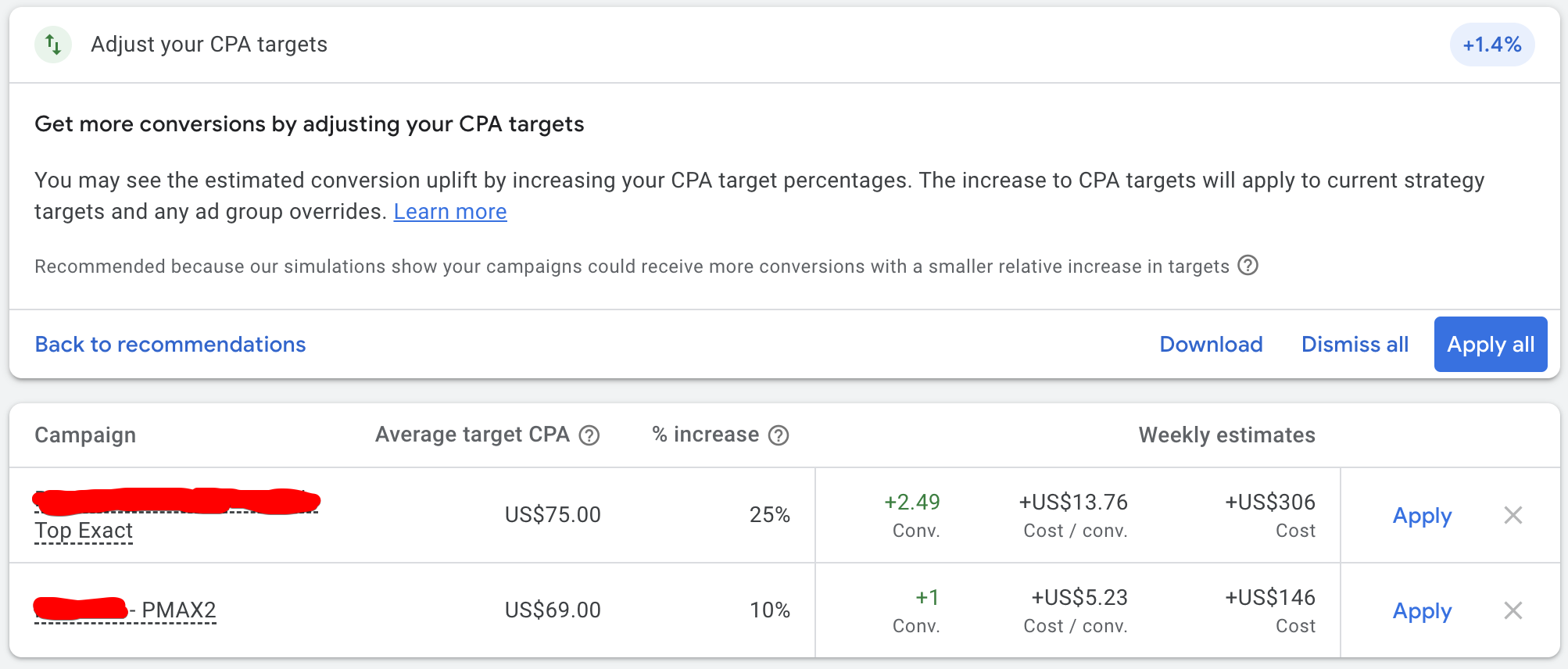When we re-opened the business in 2023, we did our Google Partners certification. We had a very honest and stupid reason for that: it was to increase trust with the local banks.
I’m not joking.
As a micro-agency (it’s really micro because our company is just two of us, and only one of us is a full-time digital marketing consultant: me!), we had no financial history or whatsoever since we had freshly moved in a new country, with a newly created company.
In Japan, it can be very difficult for foreigners (such as myself) to open a bank account, especially in the countryside where we’re currently based, so anything helps… “Look, we’re official Google Partners.”
Not that they knew what a Google Partner is anyway, but at the very least they could see we’re working with Google to some extent.
Spoiler alert: it didn’t work anyway, we couldn’t open a bank account with any of the local banks.
Why am I telling you all of this? Well, I thought it was a nice addition to the list of things that make the status of being a Google Partner worthless.
What’s the Google Partners badge meant for?
Officially, it means you’re recognised by Google as a trustworthy partner who has passed some of their various certifications, and it supposedly demonstrates your knowledge of Google Ads… on top of having a high “optimisation score”, and a certain amount of ad spend managed.
There’s a problem with each of these requirements though.
The Spend requirement
In order to become a Google Ads Partner, you’re required to manage $10,000 USD over the course of 90 days. That’s a little over $100/day.

The problem
The bar is very low: it’s very common to spend $100+/day on Google Ads. It shouldn’t be a major issue in itself, but because it’s too easily achievable, so it really doesn’t mean much.
For many companies, $10k ad spend doesn’t even amount to their daily budget!
The Certification requirement
Next, half of your agency (50%+) needs to be Google Ads certified; you need to pass the Google Ads exam for each of the channel your agency manages (Search, Display, Video…) via their Skillshop.
The problem
The Google Ads exam questions are… biased, to say the least.
The questions are based on Google’s very own course on how to use their tools, which is very good for the basics and navigating the interfaces, but it’s inevitably going to tell you to use the tool to spend more money (which means more money for Google).
Here are a few examples.

The problem is that the answers are too often along the lines of “trust Google and the machine”, “increase your budget”, “increase your bids”, “follow the recommendations”, and worse, “enable auto-apply”.

Essentially, passing the exams means you understand Google’s thought process: don’t think and spend more.
The Performance requirement
The last and third criteria to become a Google Partner is their most ridiculous. You have to have an Optimisation Score of at least 70% across the accounts you manage.
The Optimisation Score improves when you follow Google’s recommendations.

The problem
I’m sure you’re curious about those recommendations, so here are a few:

Next, the infamous “increase your target CPA”:

Spend more and according to our estimations, you’ll get more. Profitability? Yes, more profitability for Google.
… Actually, there’s also a trick to it, and it’s a poorly kept secret.
If you choose to ignore the recommendations and dismiss them instead, the score improves as if you followed them… Some Google reps might even suggest that.
It really means nothing.
Do you get any benefits as a Google Partner?
Yes, but it’s not worth considering unless you are a very large agency.
Premium Partners (Top 3% of the Partners) get better treatment, but regular Partners have to collect points to get their Google swag, like stationery or mugs.

Wow.
Oh, there’s also the promise of being included in Google’s directory so that potential clients can find you. There’s a whole haystack of Google Partners, and it’s even ordered alphabetically. If your agency name starts with the letter B onwards and you still expect to be chosen out of the current 20,000+ Google Partners from the directory, I have very bad news for you.
How do you even collect points?
By making your clients spend more, for starter… or implementing new features from Google. Some of them are legit (Enhanced Conversions, for example), while some others are questionable at best.
By the way, I wouldn’t recommend jeopardising your relationship with your clients for a Google branded mug, but you do you…
Incidentally, I manage a bit over $1M/year across a few clients, and I got 600 points in the past 12 months. I don’t even have enough to get a cool Google Partners T-shirt (870 points).
Duh.
Conclusion: the Google Partner Badge is basically worthless
Is there any point in being a Google Partner? I’d argue it’s not worth it.
The Google Partner badge is not a proof of quality. It doesn’t give better features. It can’t even help you open a bank account in Japan. Yeah, I’m still bitter about that one.
I’d still say Skillshop is a good place to start with, if you’re a beginner and want to get an understanding of the platform, it’s still a decent place to read and learn, but if you’re piloting an account with that much knowledge, it’s probably not going to go very well.
There are better ways to showcase your experience and skills, and an agency flaunting their Google Partner badge like a multipass is probably not very trustworthy.
What could Google do about it? They could do a lot, they simply won’t. They have shown many times they don’t care about losing trust when so many businesses depend on the services they provide.
What can we do about it? We simply need to continue educating ourselves and others, build trust as providers and specialists, as we always have.
